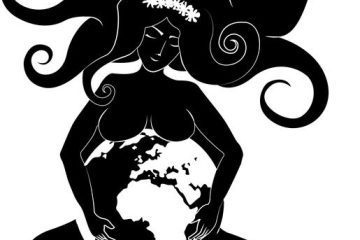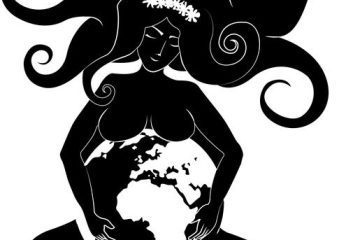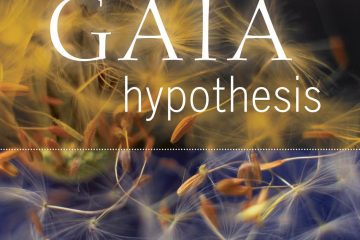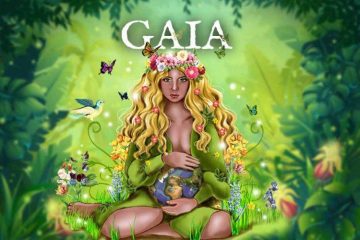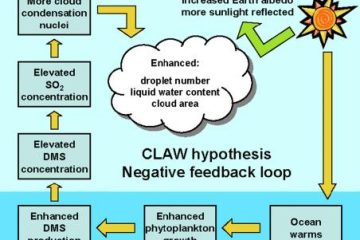Gaia hypothesis
gaia hypothesis another word
The Gaia Hypothesis, envisioning Earth as a self-regulating organism, can also be described using the term “Gaian theory.” This concept highlights the interconnectedness of life and the planet’s systems, emphasizing a delicate balance that sustains our environment.
